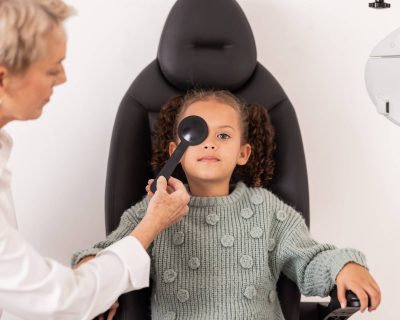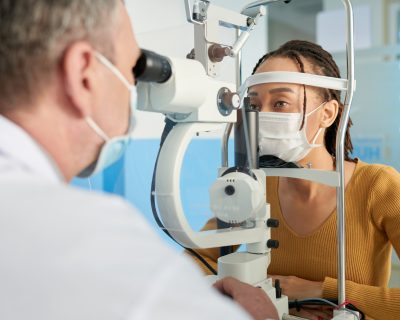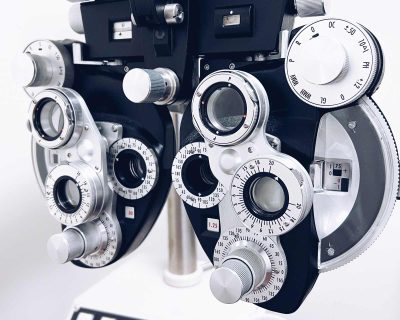
What Are Signs That You Need Glasses?
It is difficult to measure what percentage of the population use eye glasses, but it is thought that roughly 50% of the population needs some sort of vision correction, and the number increases as you eliminate the younger age groups. Prescription glasses, contact lenses, non-prescription reading glasses all fall into the vision correction category. There are more than just a couple different medical reasons people require glasses, but the most popular are for far-sightedness, these individuals have issues seeing things close up without corrective wear and near-sightedness, these individuals have issues seeing things at a distance.
Even though it’s suggested that you have an eye exam completed every two years by a trained, professional Optometrist, many individuals forgo having regular eye exams until a major issue arises. In many of these cases, if the issue was caught earlier and treated with prescription eye glasses this would have helped reduce the severity of the issue, or maybe even helped prevent it. For this reason, we have compiled a list of symptoms that may indicate you need glasses.
1. Regular Headaches
For most people a headache just calls for medication and a tall glass of water, but don’t ignore consistent headaches. These headaches may be caused by a vision problem. When your eyes struggle to focus on objects this puts strain on them and could lead to regular headaches.
2. Blurry Vision
Blurred vision is one of the more popular symptoms that will lead to individuals having their eyes checked. Blurry vision is found with people that are either far-sighted and near-sighted. Often your blurred vision or ‘seeing double’ is evident when you are unable to focus on items and words while driving or reading a book.
3. Squinting
When you find yourself in a bright environment and you need to focus on an object, you will squint to reduce the amount of light that enters your eye allowing you to see clearer. The same happens if you have poor vision, squinting can help you focus on objects near or far. If you find yourself squinting in environments that are not overly bright or notice a family member constantly squinting, it may be time to see your optometrist.
4. Trouble Seeing At Night
Having difficulty seeing or focusing on items at night can be the cause of multiple medical issues, including a few with your eyes such as nearsightedness. Let your optometrist know that you are having difficulty seeing at night, perhaps glasses can help you see more clearly at night.
5. Speckled Light
Seeing halos or circles around lights occurs when you have difficulty focusing on light. Glasses may be able to fix the issue and eliminate the blurred effect around light.
6. Eye Pain
Having eye pain does not necessarily mean you have a problem with your vision, but if the pain continues for several days or is recurring you should have your eyes checked out. The pain may be caused by added tension or strain on your eyes from naturally trying to compensate for eye issues.
7. Reading at Different Distances
If you find yourself at a restaurant and you either need to hold the menu really close to your face or hold it as far back as your arm will extend this is a clear sign that you have an issue, you can try non-prescription reading glasses to see if they do the trick, if not book an appoint for an eye exam.
These are just a few of the more popular signs that you may need eye glasses, and just because you do not exhibit any of these signs you may still have a problem with your vision that needs to be addressed. Having regular eye exams, conducted by a professional optometrist is the only way to ensure any issues are caught early and treated accordingly.




